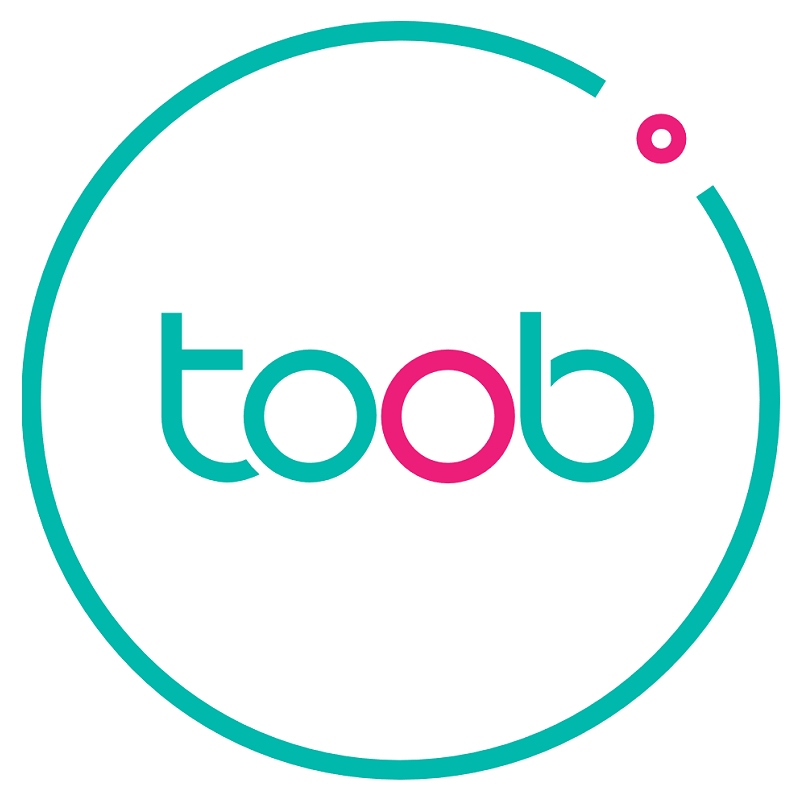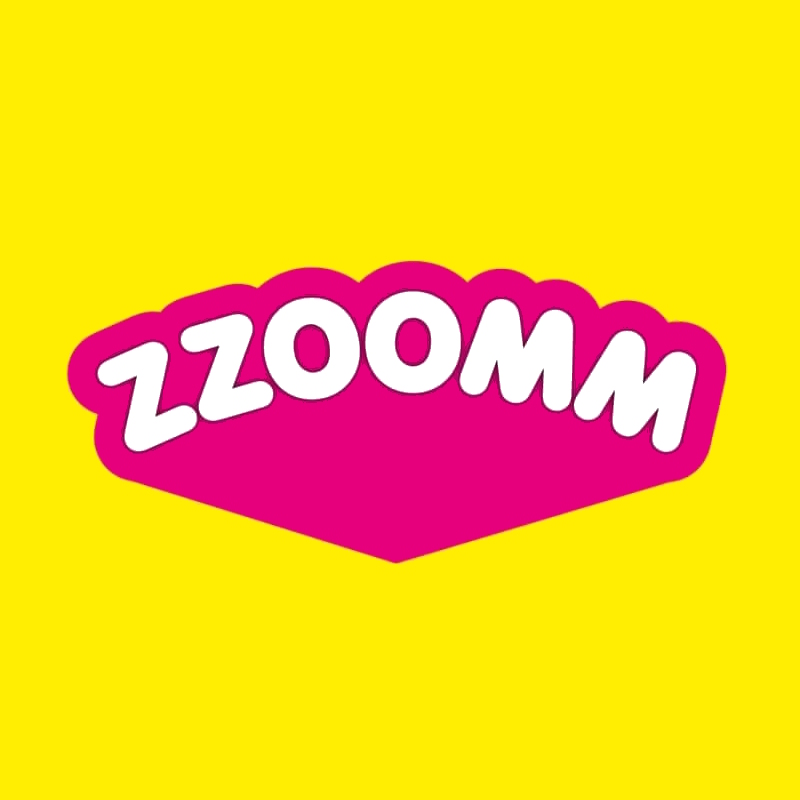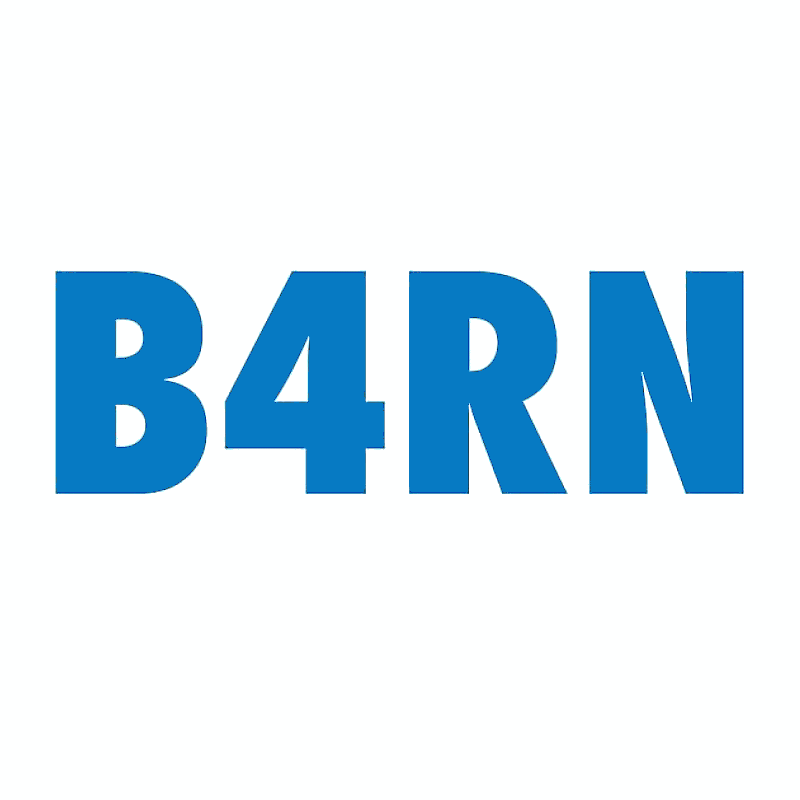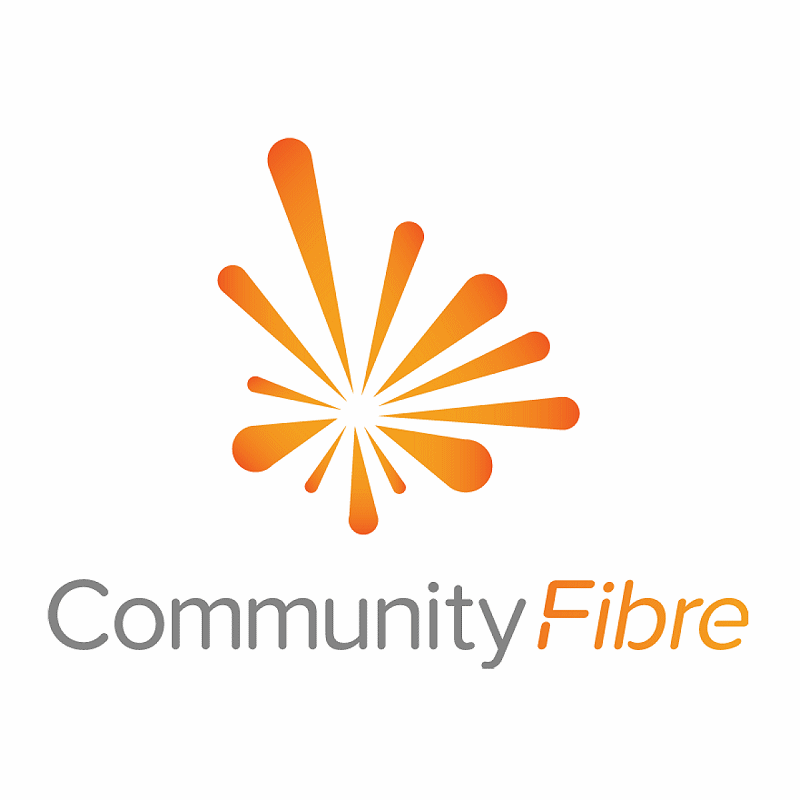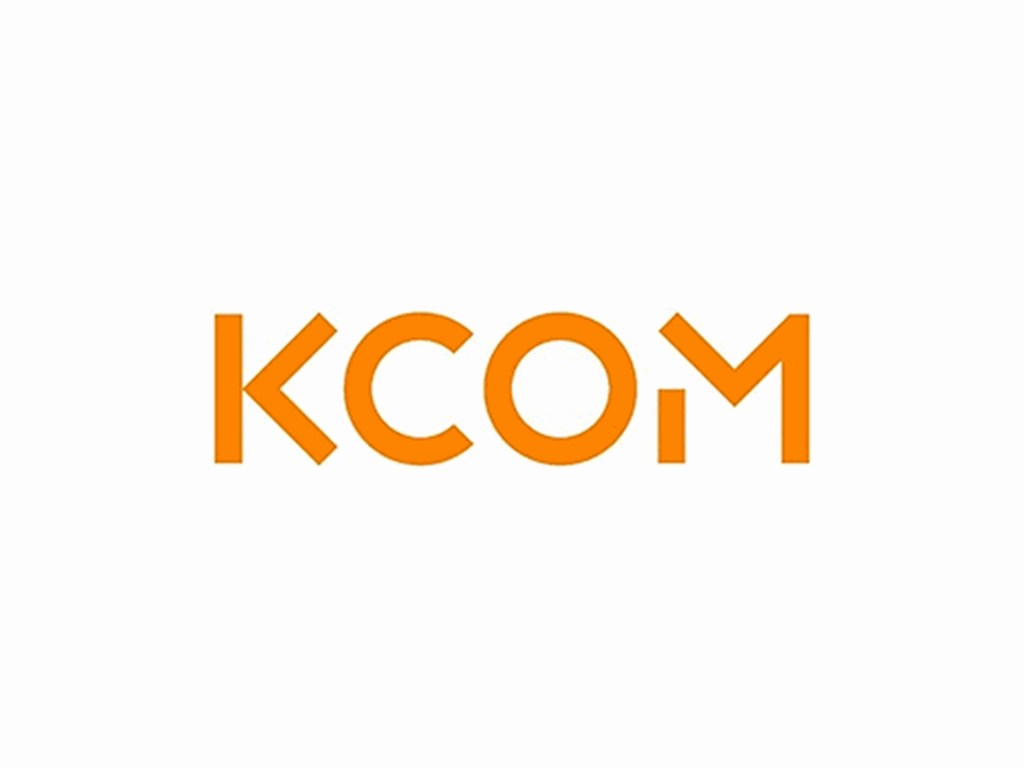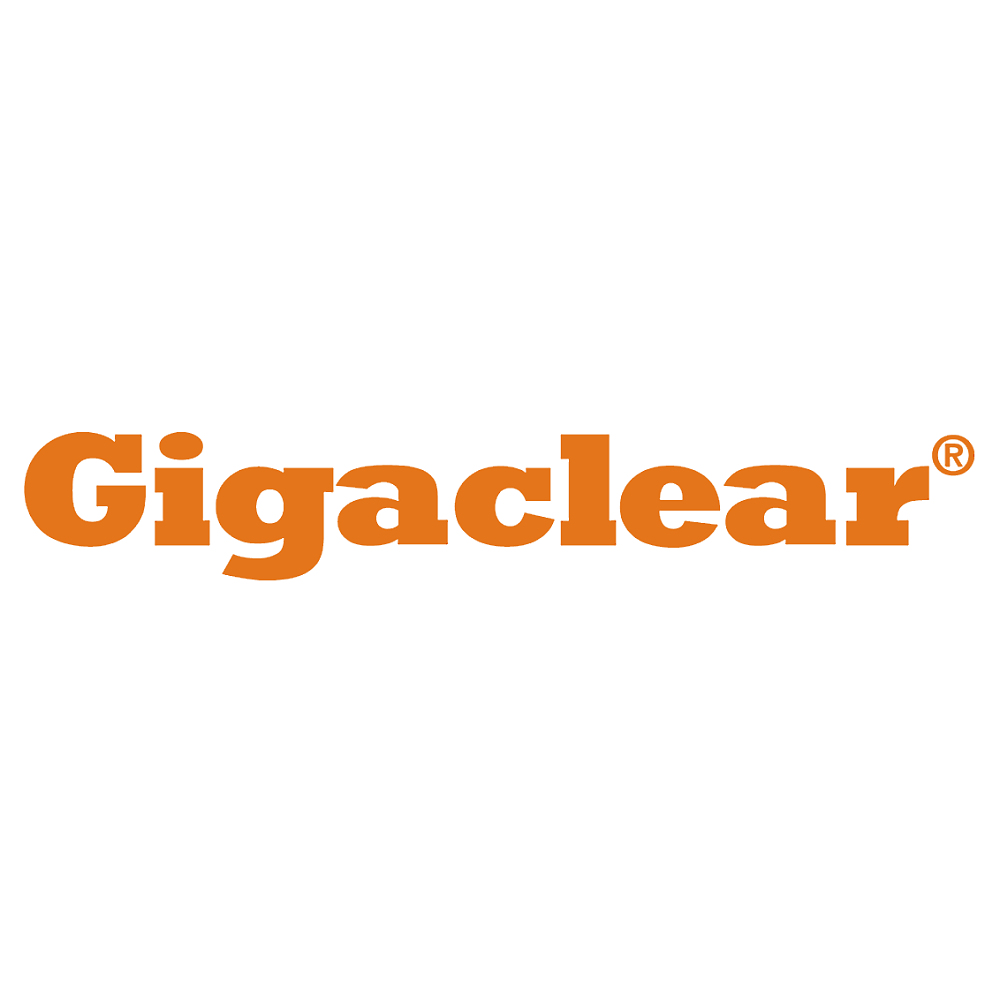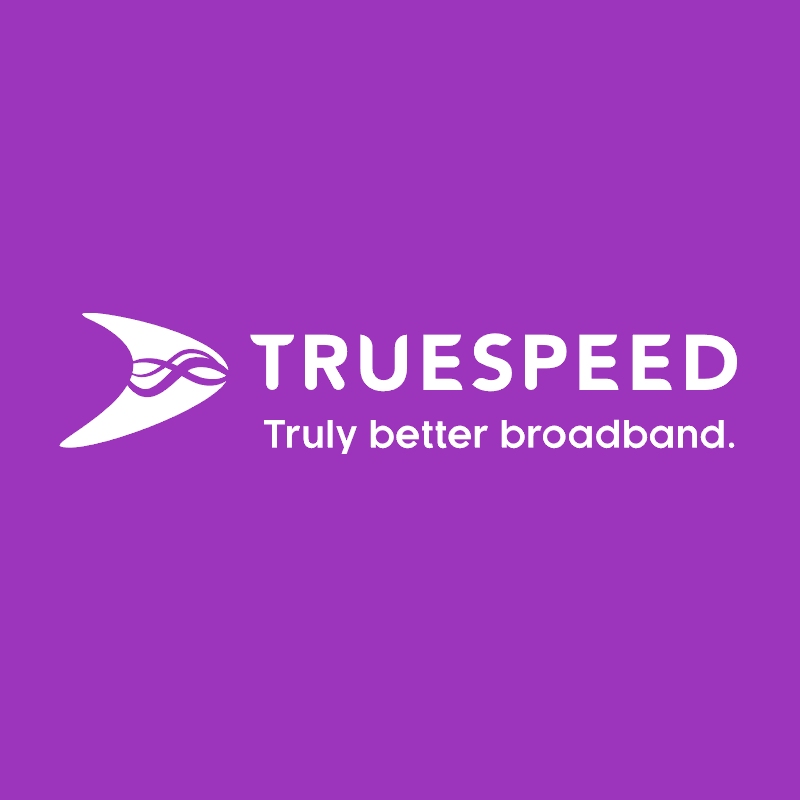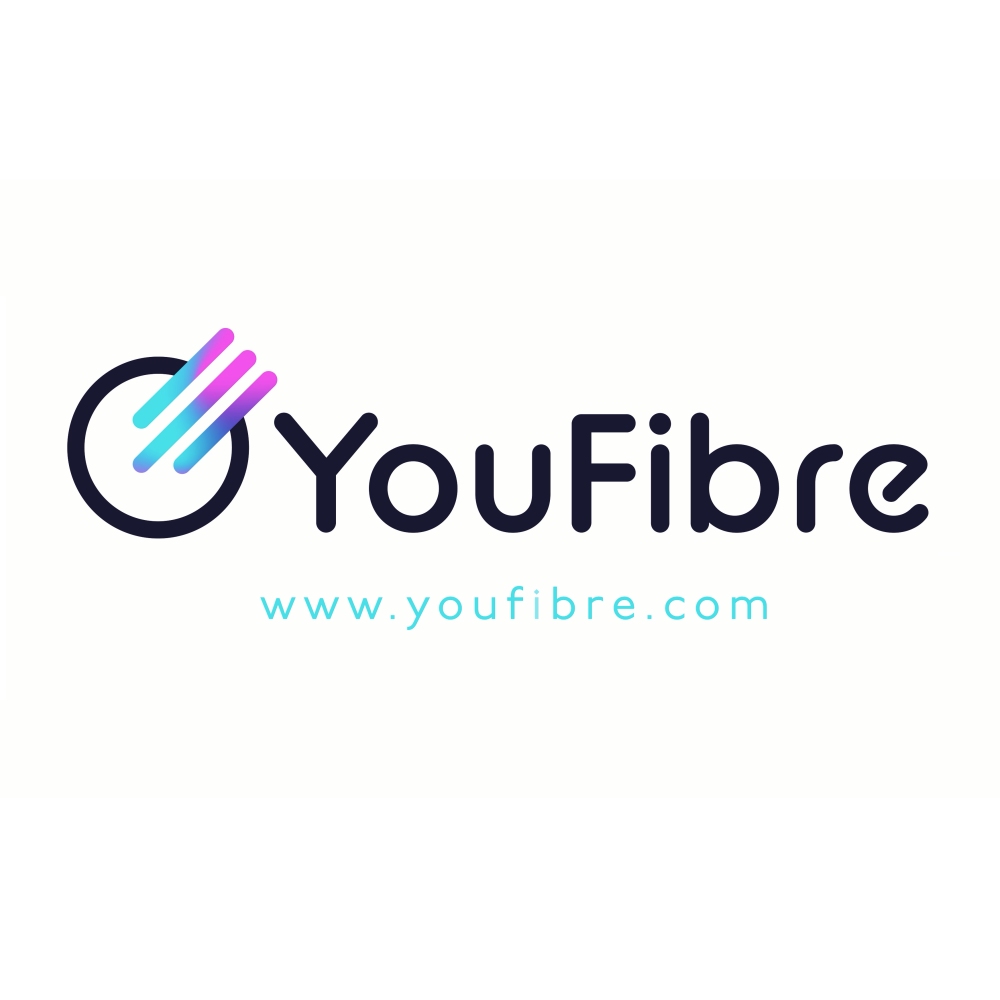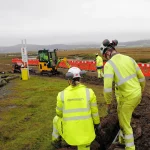2025 Editors Pick of the UK Best Home Broadband ISPs

The vast majority of providers mentioned on the first two pages, with the exception of Virgin Media, tend to be predominantly reliant upon Openreach’s national telecoms network in order to deliver their service. Despite this there is now a rapidly growing community of Alternative Network (AltNet) ISPs that are serving consumers by building their own infrastructure.
Related providers tend to be comparatively small because they’re often only available to a limited number of areas dotted across the United Kingdom, which also means that they don’t generate a lot of consumer feedback and this makes them much harder to judge.
Nevertheless, we do still manage to identify exceptions that are worthy of consideration, even if they don’t always meet our usual requirements for inclusion (national coverage, unlimited usage etc.). Providers like this will often turn up in our General Commendations list below and it helps if they’ve been building for at least a couple of years.
General Commendations
Remember, providers listed below may only be available to very specific parts of the United Kingdom and due to this we don’t include ‘coverage’ as a negative mark because this is an issue for all of them.
Package Examples
Cheapest: 900Mbps+ DL (900Mbps+ UL) – £25 PM (£33 post contract)
Originally started by a group of former Vodafone execs, toob has spent the past few years deploying their full fibre network across the South of England, starting in the city of Southampton before spreading out to other parts of Hampshire and Surrey. So far they’ve already covered 229,000 premises and have also partnered with CityFibre to expand their service availability across the UK (Cityfibre also gained access to toob’s network).
The provider is somewhat of a rarity in that they only have a single primary package, which offers symmetric broadband speeds of 900Mbps for the aggressively low price of just £25 per month on an 18-month term. But if you look deeper they do have a 150Mbps tier for just £22 per month and they’ve also got a 50Mbps Social Tariff for those on state benefits that costs just £20.
So far we’ve only heard positive things about toob’s support and service quality.
Pros:
• Price
• Quality
• Speed
• SupportCons:
• No packages faster than 1Gbps (yet)
• No Pay TV or Mobile plans
Package Examples
Cheapest: 200Mbps DL (200Mbps UL) – £24 PM (£32 post contract)
Fastest: 2,300Mbps DL (2,300Mbps UL) – £55 PM (£70 post contract)
Alternative network provider Zzoomm recently merged with FullFibre Limited, which has expanded their combined fibre broadband coverage across 600,000 premises in England (inc. 80,000 customers) – serving parts of approximately 110 market towns.
Consumer feedback has been generally very positive, albeit with some uncommon gripes about the quality of their customer service and support. Overall this appears to be a good ISP, which offers both fast speeds up to 2.3Gbps and a decent quality router.
Pros:
• Price
• Quality
• SpeedCons:
• Support quality not perfect, but still better than most.
• No Social Tariff for broadband
• No Pay TV or Mobile plans
Package Examples
Cheapest: 900Mbps+ DL (900Mbps+ UL) – £33 PM
Fastest: 10,000Mbps DL (10,000Mbps UL) – £150 PM
Broadband for the Rural North (B4RN), which follows the Community Benefit Society (CBS) model with a full fibre network that has been both predominantly built and funded by those in the communities they serve (often in exchange for shares), remains a consistently excellent provider. By using this approach they’ve been able to cover over 30,000 homes (inc. 15,000 customers) with their network across remote rural parts of Cheshire, Cumbria, Northumberland, Essex, Norfolk, Suffolk and Yorkshire.
The model also relies on local landowners (e.g. farmers) being generous and agreeing to waive their right to payment as part of a wayleave agreement, which enables the fibre to be dug through their land at a lower cost. B4RN were one of the UK’s first true alternative full fibre providers in 2011/12 and they’ve proven the doubters wrong many times.
Pros:
• Price
• Quality
• Support
• Speed
• Social Tariff optionCons:
• No Pay TV or Mobile plans
Package Examples
Cheapest: 33Mbps DL (1Mbps UL) – £17.99 PM (£22 post contract)
Fastest: 900Mbps+ DL (900Mbps+ UL) – £35 PM (£63 post contract)
As one of the very first alternative full fibre ISPs to enter the UK market (2011), Hyperoptic made gigabit speeds possible at a time when many people could only get up to around 20Mbps. Since then they’ve grown to cover 1.9 million premises (residential apartment blocks / MDUs and housing), 400,000 customers and have attracted a lot of investment.
Hyperoptic has generally built a strong reputation for delivering good customer support, affordable ultrafast broadband packages and strong service quality. On top of that they offer the flexibility of a 30-day (monthly) contract term, as well as the usual 12 and 24 month terms, a decent router, and you can add a phone (voice) service for an extra £2 per month.
In addition, they’re the only alternative network ISP to support Ofcom’s automatic compensation scheme and have a decent social tariff for those on state benefits. On the flip side, we have seen a rise in complaints about support, service provisioning delays and internet outages over the past year (2024-25).
Pros:
• Speed / Quality
• Monthly contract options
• Social Tariff optionCons:
• A few rare gripes about installation delays, outages and support
• No packages faster than 1Gbps
• No Pay TV or Mobile plans
Package Examples
Cheapest: 150Mbps DL (50Mbps UL) – £24.99 PM (£29.99 post contract)
Fastest: 2000Mbps DL (2000Mbps UL) – £49.99 PM
Trooli has spent the past few years deploying a new full fibre broadband network across the South East of England (mostly in semi-rural parts of Kent and Hampshire) and they also have a limited network in Scotland. The operator has already covered 423,000 premises, which is despite going through a period of build uncertainty due to funding issues.
Feedback from customers has so far been positive and the pricing is quite attractive to potential customers. Otherwise, subscribers can expect a 24-month contract term and a very capable wireless router, although Trooli does lack a home phone service and that might discourage some customers.
Pros:
• Speeds
• Support
• Quality
• Router
• PriceCons:
• No Social Tariff for broadband
• No Pay TV or Mobile plans
• No Home Phone product
Package Examples
Cheapest: 35Mbps DL (35Mbps UL) – £12.50 PM (£16.50 post contract)
Fastest: 5,000Mbps DL (5,000Mbps+ UL) – £59 PM (£67 post contract)
Community Fibre predominantly tends to operate a larger FTTP network across London. The provider’s network currently reaches c. 1.5 million premises and has gathered 336,000 customers, although in the past year their network expansion has slowed to a crawl in order to focus more on commercialisation.
The ISP is able to deliver a good level of service quality and we’ve heard nothing but good things about their performance (speeds up to 5Gbps!). On top of that they’re one of the cheapest ISPs around and installation is usually free, but you do have to tolerate a 24-month term for the best deals. So far as we can tell the router they bundle is of a good quality (often Linksys models) and can deliver impressive wireless speeds.
Finally, they have one of the cheapest entry-level fixed broadband packages available, which will give you a decent 35Mbps (symmetric) connection for just £12.50 per month (£16.50 after 12-months). This is technically a social tariff, but you don’t have to be on state benefits to take it.
Pros:
• Price
• Support
• Quality
• SpeedCons:
• Nothing of particular note
• No Pay TV or Mobile plans
Package Examples
Cheapest: 175Mbps DL (175Mbps UL) – £29.99 PM (£49.99 post contract)
Fastest: 900Mbps DL (500Mbps+ UL) – £38.99 PM (£72.99 post contract)
Until recently KCOM was the dominant network operator for Hull and East Riding in Yorkshire, which they’ve already covered with a gigabit-capable FTTP broadband network. The operator has since invested another £100m to cover tens of thousands of additional premises across more of East Yorkshire and North Lincolnshire (here) – reaching a total of 305,000 so far.
The service has also become more affordable as they’ve expanded, although they’re still not the cheapest of providers, particularly inside the Hull area (new areas covered by their network expansion tend to be more competitive and a bit cheaper). Customer service quality is also reasonably good for an incumbent provider, albeit not as good as others on this page and support can be a mixed bag. Otherwise the ISP also supplies some reasonably capable routers to their FTTP customers.
Pros:
• Speed
• Router is fairly good
• Lower prices in newer network expansion areas
• Social Tariff optionCons:
• Support quality could be better
• Higher prices inside the original Hull area
• No packages faster than 1Gbps
Package Examples
Cheapest: 200Mbps DL (200Mbps+ UL) – £19 PM (£43.50 post contract)
Fastest: 900Mbps DL (900Mbps UL) – £49 PM (£85 post contract)
This provider has been deploying a 1Gbps FTTP broadband network into the remote rural areas of England for years, often reaching into locations where others would struggle to make the economics work. In total they’ve now covered around 600,000 UK premises and aspire to reach 1 million by the end of 2027.
Customers of the service seem to be generally happy, with only a few gripes being spotted and most of those relate to installation delays. Otherwise, what Gigaclear delivers tends to be significantly better than anything else in the vast majority of areas where they operate, which is partly because very few rivals would invest to deploy across such challenging areas. But their post-contract prices are quite high.
Pros:
• SpeedCons:
• A few gripes about slow installations
• Expensive post contract prices
• No Social Tariff for broadband
• No packages faster than 1Gbps
• No Pay TV or Mobile plans
Package Examples
Cheapest: 150Mbps – £25 PM (£45 post contract)
Fastest: 900Mbps – £39PM (£75 post contract)
Truespeed has focused heavily on delivering their FTTP network across rural parts of South West England and in 2025 they also began to merge with County Broadband, which covers rural parts of Cambridgeshire, Essex, Norfolk and Suffolk. The combined network has attracted a total of around £320m of investment and covers 170,000 premises (inc 40,000 customers).
The provider is generally well rated and fairly affordable given their focus on rural areas, although the router they bundle is notorious for being heavily restricted. Customers also enjoy a shorter 12-month contract term and have the option of a fairly good social tariff, which is available to those on state benefits.
Pros:
• Performance
• Social Tariff option
• PriceCons:
• Restricted router
• No packages faster than 1Gbps
• No Pay TV or Mobile plans
Package Examples
Cheapest: 150Mbps – £23.99 PM (£33.99 post contract)
Fastest: 7,000Mbps – £99.99 PM (£129.99 post contract)
This is the partner ISP for Netomnia’s and brsk combined rollout of a new full fibre network, which has already covered over 2.56 million premises across many different parts of the UK (inc. 341,000 customers) and is aiming to reach 5 million homes and businesses by the end of 2027 – backed by an investment of over £1.5bn from various sources (Advencap, DigitalBridge, and Soho Square Capital).
As an ISP, YouFibre is not only extremely cheap, but it also delivers excellent speeds of up to 7-8Gbps . The promise of “no in-contract price rises” and a contract buy-out option for those tied into an existing ISP are also extremely attractive, although we have seen some complaints about support and delayed service provisions.
Pros:
• Performance
• Price
• Social Tariff optionCons:
• Some gripes about delays to orders and rollout
• No Pay TV or Mobile plans
Package Examples
Cheapest: 200Mbps – £17 PM (£32.25 post contract)
Fastest: 900Mbps – £30 PM (£64.50 post contract)
Ogi is a provider that has actually been around for quite a few years, albeit under their prior name of Spectrum Internet. But over the last few years they’ve re-branded and embarked on an Infracapital-backed project to deploy their 10Gbps capable full fibre broadband network across 110,000 premises in South Wales (inc. 20,000 customers). The provider’s support and network performance also remains highly rated.
Pros:
• Performance
• SupportCons:
• No Pay TV or Mobile plans
• No Social Tariff for broadband
• No packages faster than 1Gbps
General Disclaimer
Generally, we aim to pick ISPs that have been listed on ISPreview.co.uk for several years and shown fairly consistent performance, as well as reliability, over the past 12 months (Page 1 is an exception because that’s focused on saving money). However here is no such thing as perfection and experiences do vary, especially with broadband being a shared “best efforts” style of service. We also favour fully independent providers over vISPs and resellers.
Crucially, and unlike the other big comparison sites, we do not charge ISPs a fee to be listed (ISPreview.co.uk is free) and nor do we restrict our coverage to only the largest providers. Our impartial policy is to list and cover all legal ISPs in the same way, regardless of advertising (note: we may exclude some providers that have caused harm in the market). On this point our 21 year history of balanced coverage should speak for itself.
Nevertheless, there are hundreds of ISPs in this market and thus it’s simply not possible for us to give a full appraisal of every provider. As such we recommend that this article should only be used as a very rough introductory guide.
Always remember, if you’re happy with your current ISP but the price keeps rising, then the best course of action may be to try renegotiating the price (see our Retention Tips article) before you consider leaving. Similarly if you’ve been hit by a mid-contract price hike then remember that Ofcom has a rule against this, which enables you to exit your contract penalty free and switch ISP (i.e. if the price hike is above the level of annual inflation).
NOTE 1: Like many sites ISPreview.co.uk’s continued existence as a free source of information is only possible due to the advertising that can be found displayed around our pages (e.g. banners and affiliate links), which is predominantly automatic and usually not managed directly by us (e.g. Google’s automated banners).
NOTE 2: The pricing and recommendations of this article may not always be 100% accurate because prices change all the time and sometimes, we may miss a change. Instead we recommend getting the latest costings from our ISP Listings system.
NOTE 3: You should expect most of the biggest ISPs to raise their broadband prices by around +£1-£2 (per month) every year, which is often necessary in order to accommodate new demands from regulators, new features and rising data usage by consumers. Smaller providers tend to raise their prices at a much slower pace and many haven’t done so in years.
Mark is a professional technology writer, IT consultant and computer engineer from Dorset (England), he also founded ISPreview in 1999 and enjoys analysing the latest telecoms and broadband developments. Find me on X (Twitter), Mastodon, Facebook, BlueSky, Threads.net and Linkedin.
- Netomnia Agree UK Broadband Merger Deal with Owners of Virgin Media O2 UPDATE2
- Virgin Media O2 See Broadband Customers Fall by 16.7k as UK FTTP Build Slows
- Ofcom Give Virgin Media O2 UK Green Light for Mobile Calls via Satellite
- Openreach Make UK Organisation Changes to Improve Performance
- Broadband ISP Virgin Media UK Introduce Bill Credits up to £250 for Switching
- Openreach Launch Special Offers for 1Gbps Ethernet Access Direct Lines
- Hyperoptic - £17.99
Avg. Speed: 33Mbps | Unlimited - Plusnet - £19.99
Avg. Speed: 74Mbps | Unlimited - Sky - £24.00
Avg. Speed: 75Mbps | Unlimited - NOW - £24.00
Avg. Speed: 67Mbps | Unlimited
